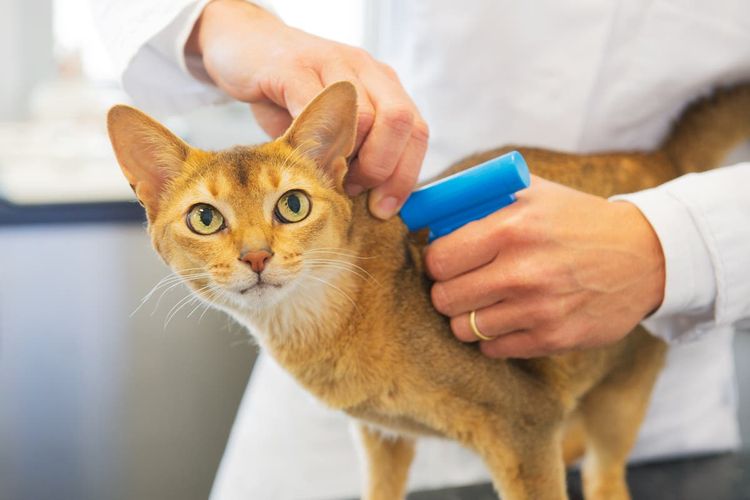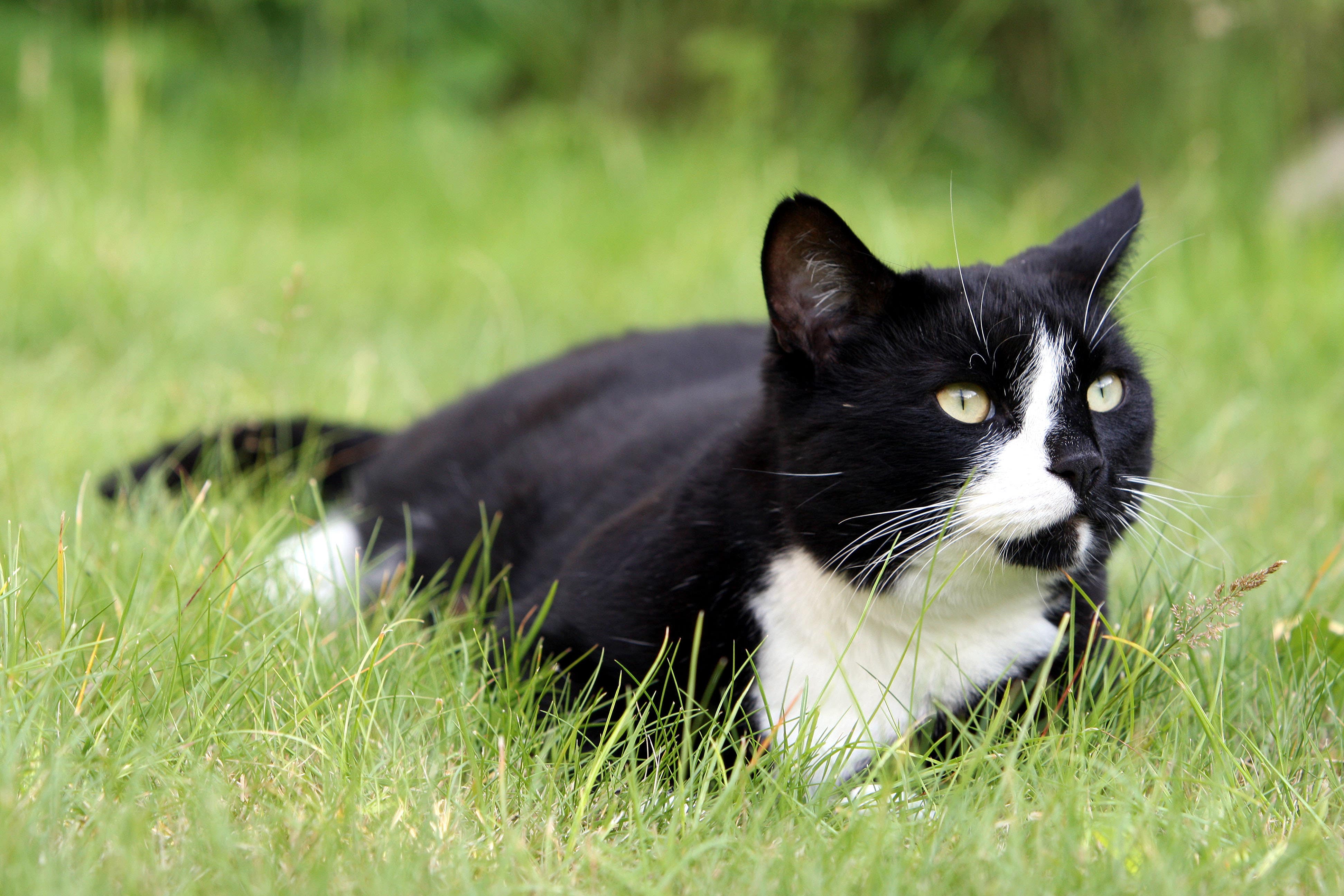What you need to know about microchipping as millions of cat owners face fines

Sign Up For Our Global News Email – Morning Headlines – For Free
Get Our Morning Headlines Email For Free!
As of June 10th, new laws will require all individuals who own cats to ensure their pets are microchipped. Those who do not comply with these regulations could face hefty fines of up to £500. This mandate impacts millions of cat owners across the country.

According to an animal organization, over 2 million cats in England do not have microchips.
Starting next Monday, it will be necessary for all domestic cats in England to be microchipped before they turn 20 weeks old.
The scheme is expected to aid in the reunification of a large number of lost pets with their owners and also prevent pet theft, according to government officials.
According to information provided by the Cats Protection charity, despite there being approximately nine million cats kept as pets in England, a significant number of around 2.2 million have yet to be implanted with a microchip.
It's not necessary to microchip cats who live without much connection to humans and can fend for themselves, like rural, wild, or communal cats.
Pet owners who have not implanted a microchip in their animal will be given a period of 21 days to do so, otherwise they may be penalized with a fine of £500.
Based on research from Cats Protection, over a quarter (26%) of pet owners who have not microchipped their pets explained that they didn't because their pet stays indoors, while about 14% claimed that their feline companion can be recognized by its collar.
According to the charity, getting a cat microchipped by a veterinarian usually requires payment of an amount ranging from £20 to £30.
According to Cats Protection's head of advocacy, campaigns, and government relations, Madison Rogers, some pet owners may assume that they'll never experience the distress of their cats going missing. However, the past year saw a staggering 115,000 pet cats in England disappear without any hope of returning home.
Cats have a remarkable ability to move quickly and with ease, making it effortless for them to escape our attention and sneak away unnoticed.
Numerous cats that have been separated from their owners go through terrifying experiences while living on the streets. They do not have access to nourishing food or refreshing water, nor do they have a shelter to protect them from the elements. They also lack proper medical attention and are always vulnerable to serious harm or fatal accidents from various dangers such as automobiles and wild creatures.
Cat collars have the tendency to accidentally detach or get damaged, which will cause the important identification information to become illegible. Non-quick release collars can also cause harm to cats by getting stuck on things such as tree branches.
A tiny computer chip is secure, remains with your feline friend forever, and is connected to contact information that is securely saved in a digital collection.
Alice Potter, an individual who specializes in cat welfare for the RSPCA, expressed that they frequently encounter cats that are not microchipped. Sadly, as a consequence, these cats may never be able to find their way back to their owners.
Typically, about 11% of cats that are brought into the RSPCA's custody do not have microchips.
Additionally, we have saved felines that had microchips implanted in them, but the necessary information was not updated properly. This issue can be considered more discouraging as it implies that these cats have to stay with us for a prolonged period while we strive to get in touch with the owner with obsolete information.
Nonetheless, we have observed numerous narratives about felines that were reunited with their proprietors due to a small microchip, demonstrating the beneficial impact this modification in the legislation will have on animal well-being.
Sandra Sinclair, a teacher residing in Tooting in the south-west part of London, had a cat named Nutmeg. Unfortunately, Nutmeg disappeared and was later found roaming the streets of Ascot in Berkshire, which is approximately 30 miles away from its home.
The cat was able to go back to its family because Cats Protection utilized his microchip to identify them.
According to Ms. Sinclair, they have no clue how the cat managed to reach Ascot. Could he have hopped into a delivery truck or perhaps someone tried to take him because of his amicable nature?
We are all incredibly relieved that we decided to microchip our beloved pet, Nutmeg. It brings us peace of mind knowing that he will always be able to be identified and returned to us if he ever gets lost.
















































